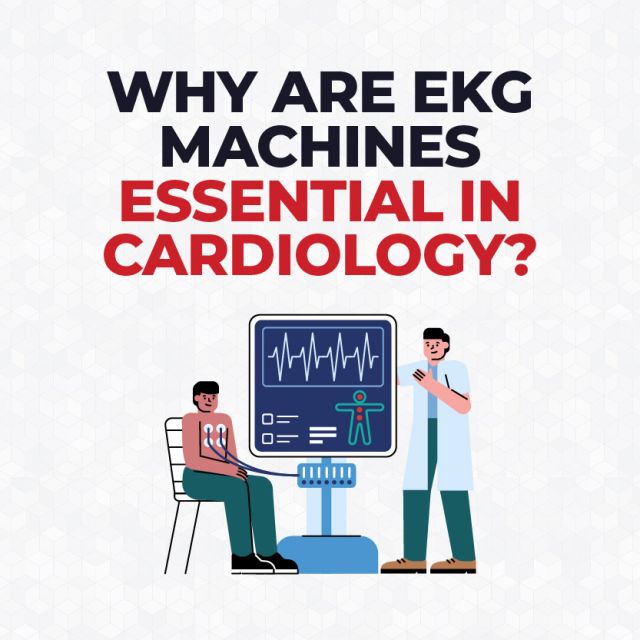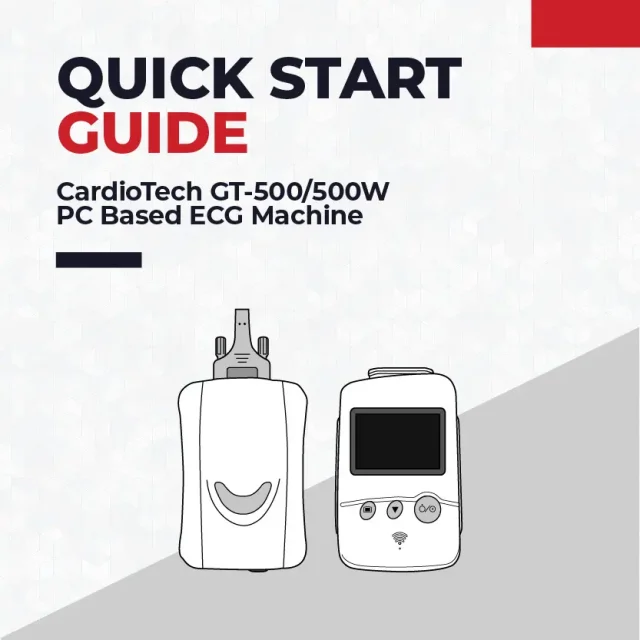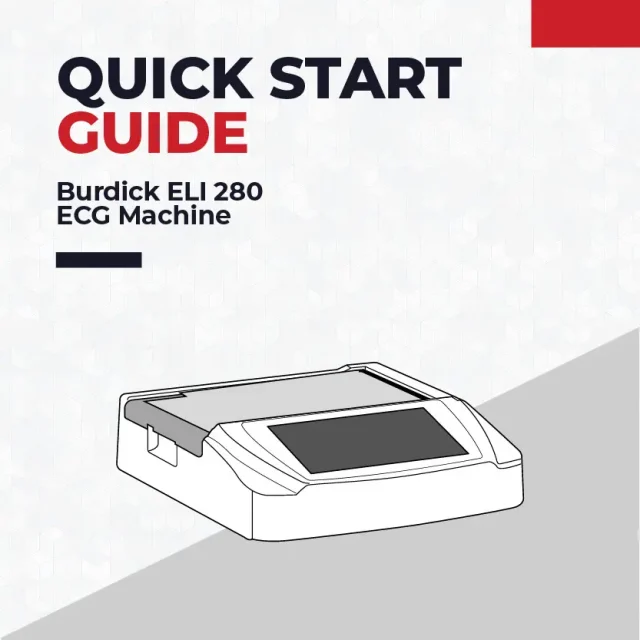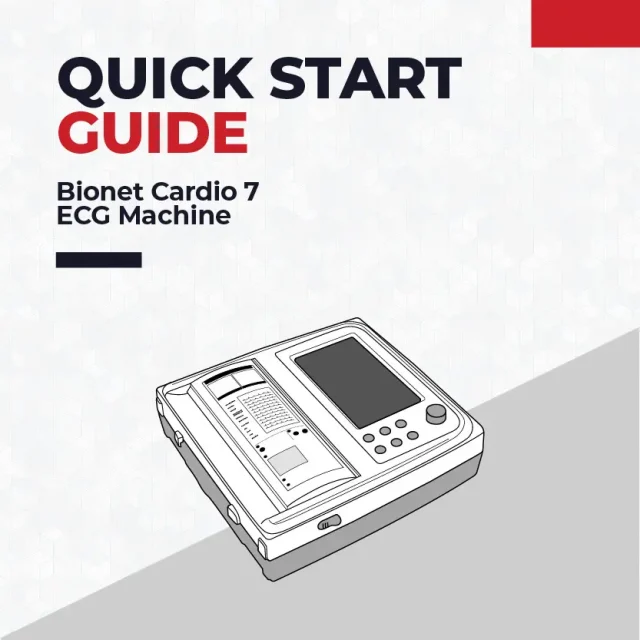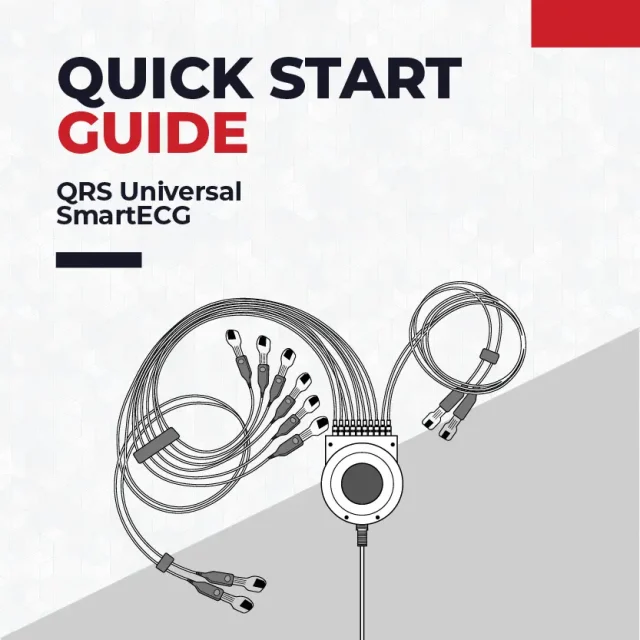Echocardiogram vs. EKG/ECG: What’s the Difference?
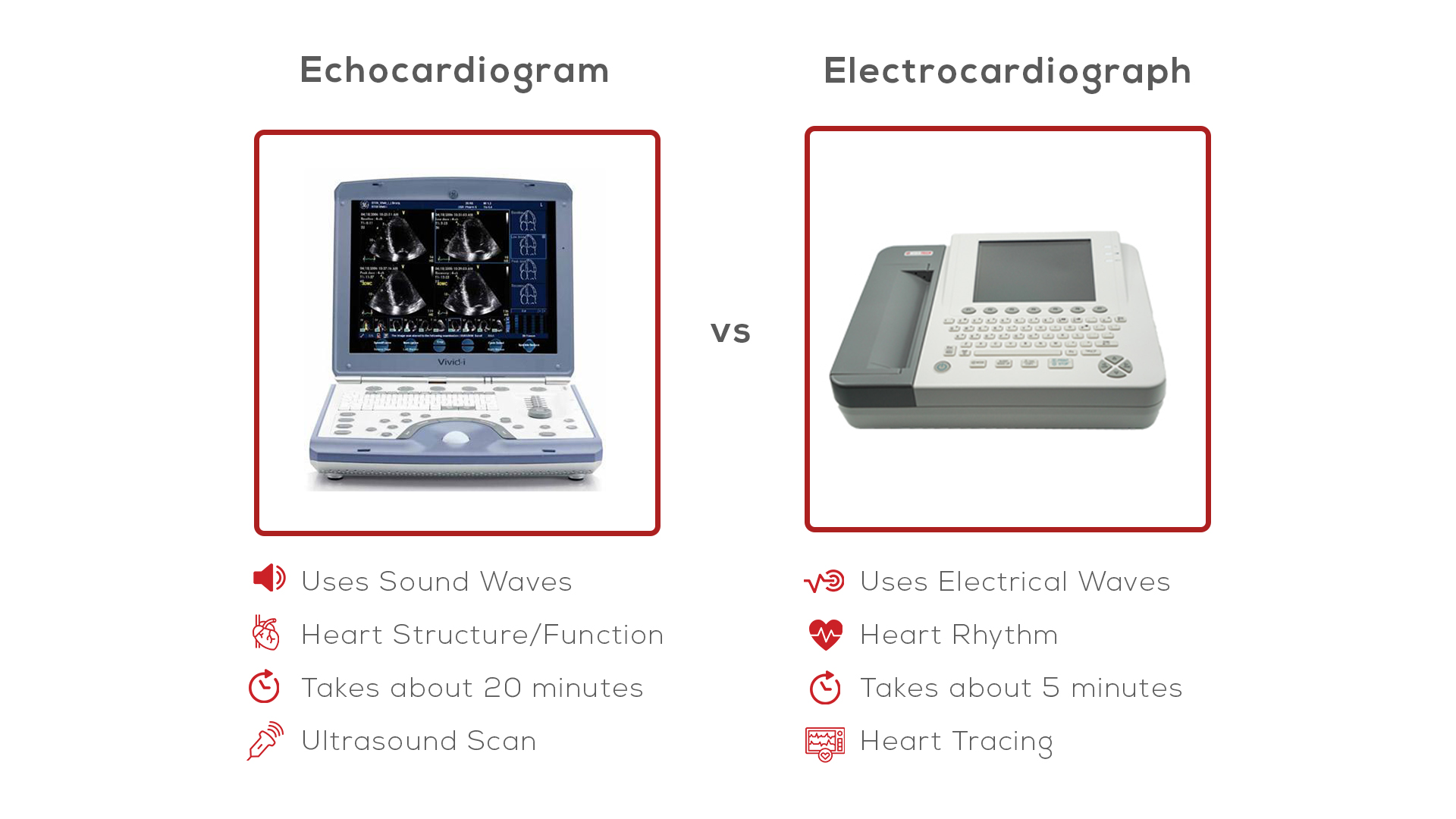
Introduction
Echocardiograms and EKG’s are two of the most common tests to diagnose various heart conditions. While there are similarities between these non-invasive tests, there are key differences to consider when a patient is experiencing symptoms. In this article, we’ll explain the difference between an EKG and an echocardiogram.
What is an EKG/ECG?
An EKG/ECG, or electrocardiogram, is a non-invasive test used to detect and monitor heart conditions and diseases. EKG/ECG tests are performed using an EKG/ECG machines to record the electrical signals in the heart. The electrodes attach to the patient’s body in specific positions to ensure accurate reading. An EKG test takes just a few minutes.
What is an Echocardiogram?
An echocardiogram is commonly used for identifying heart disease and evaluating and diagnosing heart failure.
An echocardiogram provides information on the heart function and structure. Specifically, echocardiograms take images of the heart, showing accurate images of the heart chamber sizes and pumping function.
What is the Difference Between an EKG and an echocardiogram?
An electrocardiogram (ECG or EKG) and an echocardiogram (echo) are both commonly used tests to evaluate heart health, but they measure very different things. An ECG records the electrical activity of the heart using electrodes placed on the skin. It provides information about heart rhythm, heart rate, and can help detect arrhythmias, heart attacks, and conduction abnormalities.
In contrast, an echocardiogram is an ultrasound-based imaging test that shows detailed pictures of the heart’s structure and function. It allows clinicians to assess the heart’s chambers, valves, pumping strength, and blood flow, making it ideal for diagnosing conditions such as valve disease, heart failure, or congenital abnormalities.
While an ECG is best for evaluating the heart’s electrical signals, an echocardiogram provides a visual look at how the heart is physically working.


